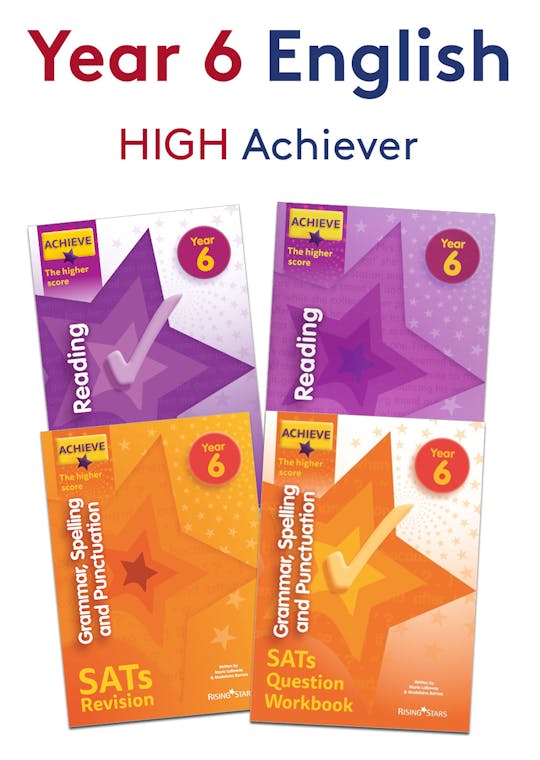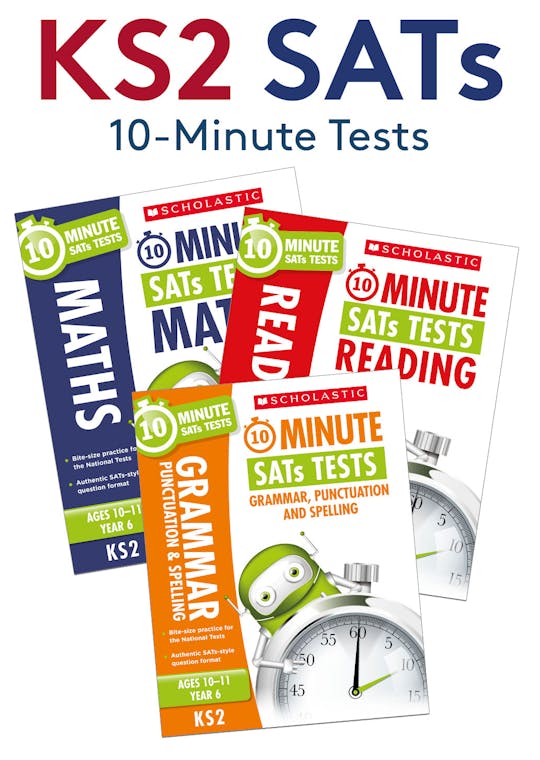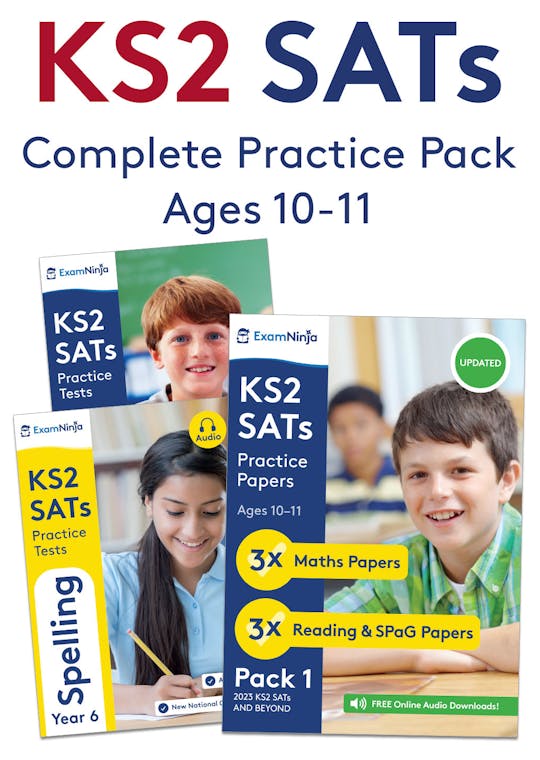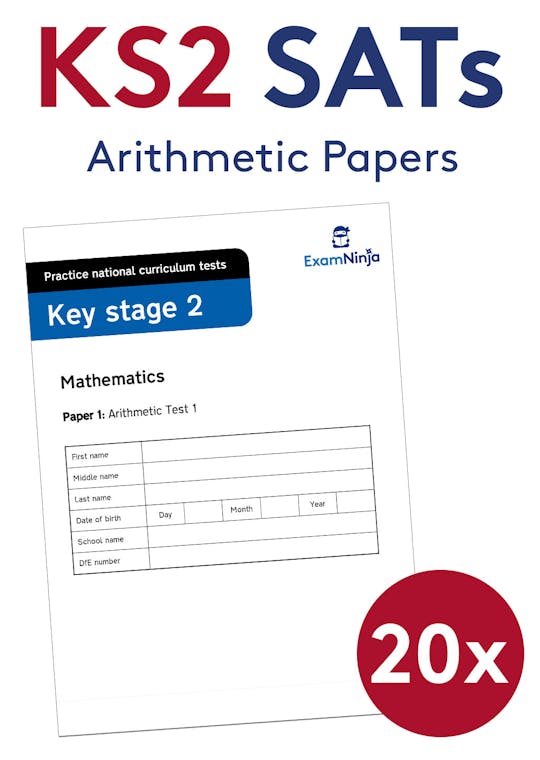What is an adverb?
An adverb is a word which modifies or describes a verb.
Adverbs can describe when, where, how, how often or how much something happens.
Adverbs can also modify adjectives and other adverbs. Adverbs are also sometimes used to describe why.
Here is a really useful video to help children understand the concept of adverbs (and fronted adverbials!):
What does ‘adverb’ mean?
Like the words ‘noun’ and ‘adjective’, the word ‘adverb’ is the name given to a specific group of words.
What is an adverb for kids?
A simpler explanation of an adverb is that it describes a verb. Adverbs tell us when, where or how an action happens.
Many (but not all) adverbs end with the suffix -ly, e.g. quickly, excitedly, happily, softly and cautiously.
An example of an adverb in a sentence:
Billy quickly ran to school.
In this sentence, the verb or action is ‘ran’, and the adverb is ‘quickly’. The adverb has described how Billy ran to school.
Here are some more examples of adverbs in sentences:
The dog chased the ball excitedly.
The squirrel hungrily ate the nut.
George laughed loudly.
I normally complete my homework.
Adverbs can be included either before or after the verb.
In Key Stage 1 (KS1), the national curriculum requires children to study adverbs which simply describe verbs. In Key Stage 2 (KS2), children go on to learn the more complicated types of adverbs.
Recommended Products
Adverb Examples
Below is an example adverbs list including different types of adverbs:
| Adverb Type | How | When | Where | How much | How often |
|---|---|---|---|---|---|
| Example Words | carefully | today | towards | quite | constantly |
| beautifully | yesterday | away | almost | frequently | |
| kindly | tomorrow | upwards | little | once | |
| silently | soon | downstairs | much | usually | |
| rapidly | never | nearby | completely | regularly | |
| gracefully | already | above | entirely | sometimes | |
| energetically | later | here | totally | daily |
Examples of adverbs in sentences including different types of adverbs:
| Adverb Type | Example Sentence |
|---|---|
| How | The teacher asked the children to work quietly. |
| When | We went to the park yesterday. |
| Where | The children searched everywhere for the ball. |
| How often | Jasmin always reads her book. |
| How much | Miss Smith was very tired at the end of the day. |
Commonly asked adverb questions
Is ‘very’ an adverb?
Yes, very can act as an adverb describing how much and is used before other adverbs or adjectives.
The horse could gallop very quickly.
Is ‘perhaps’ an adverb?
Yes, perhaps is an adverb of probability that commonly modifies an entire sentence.
Perhaps we will meet again.
Is ‘always’ an adverb?
Yes, always is an adverb that describes how often an action occurs.
The teacher could always rely on her class to cheer her up.
Is ‘never’ an adverb?
Yes, never is an adverb that describes how often an action occurs.
I never leave the house without an umbrella.
Is ‘quickly’ an adverb?
Yes, quickly is an adverb that describes how an action is completed.
Delilah finished all her work quickly.
Is ‘suddenly’ an adverb?
Yes, suddenly is an adverb that describes how an action is completed.
The car stopped suddenly.
Is ‘often’ an adverb?
Yes, often is an adverb of frequency. For example...
I often walk my dog in the park.
Key Points
- Adverbs describe verbs.
- Adverbs describe how, when, where, how often or how much.
- Many, but not all, adverbs end in -ly.





